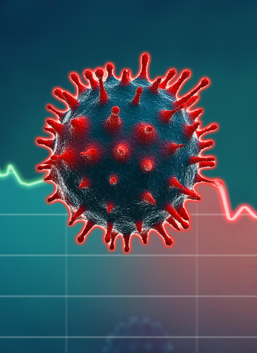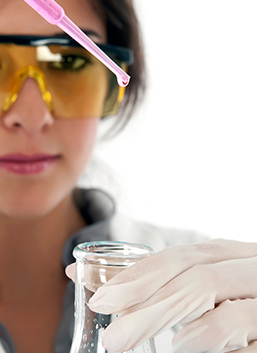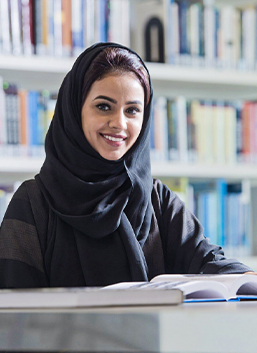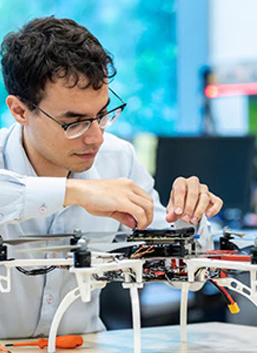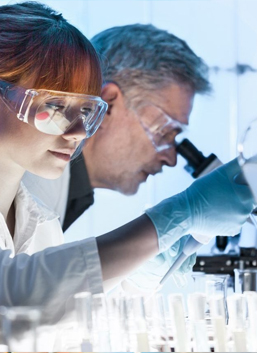To contain the spread of Covid-19, rapid and reliable testing on a massive scale is key. To help bring down costs of testing kits and reduce testing time, Khalifa University has developed KU-LAMP, a low-cost, and portable device for rapid testing of COVID-19. The device uses a loop mediated amplification technique without any RNA extraction to detect the COVID-19 virus in collected samples.The KU-LAMP test generates results within 45 minutes, while conventional PCR tests typically take between 2.5-3 hours to generate results. Advantages of using the device include reduced cost, simplicity, portability, and speed of test.Portable cost-effective PCR test kit (Raseed).


